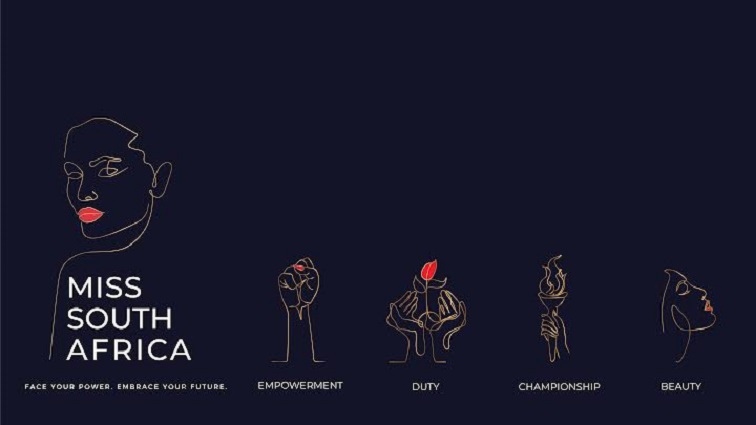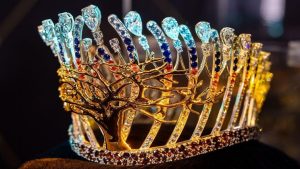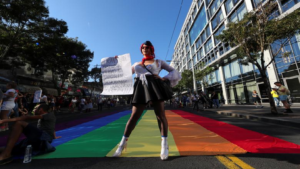There have been mixed reactions to the announcement by the organisers of Miss South Africa that transgender women will be able to participate in the pageant from this year.
But there is a catch. The organisation says transgender women must be in possession of a valid South African ID – reflecting that their amended sex is female when competing internationally.
However, advocacy groups and transgender women denounced this decision of gender marker change.
To the woman who doesn’t want to be good but is ready to raise the standard and become great!
This moment is for YOU!
MISS SA 2021 ENTRIES OFFICIALLY OPEN AT 5PM TODAY!
Entries will close at midnight on 24 June 2021.#MissSA2021 #FaceYourPower #EmbraceYourFuture pic.twitter.com/qtP8rsw0jw
— Miss South Africa (@Official_MissSA) May 24, 2021
Group of women raises issues of diversity, inclusivity in Miss SA pageant:
Beauty pageants
Beauty pageants are a premiere occasion for ambitious young women. The aim is to advance networking, business and life skills. National and international queens become champions of human rights.
Miss SA CEO, Stephanie Weil, says nothing should be taken away from the fact that the competition is open for trans women.
“We believe that it’s such a profound undertaking that nothing should be taken away from the fact that trans women should be entering Miss South Africa. From an international perspective, the ruling is that your gender identity document needs to show you as female, so currently, we are sticking to that international regulation to ensure that we can move forward with it.”
Gender marker change
Transgender woman Melody Seherrie says, “I would definitely be participating in Miss South Africa if they didn’t have the requirement for the gender marker to be changed. Changing your gender marker in South Africa is a very lengthy process and takes about a year and a half and requires a substantial amount of money. And before you actually have a gender marker change, you need psychological evaluations and certification that you can indeed have your gender marker changed.”
‘Red tape makes it difficult for transgender women’
Advocacy group, Gender Dynamix, says the red tape and lack of access to resources will make it difficult for transgender women to exploit this opportunity.
“Because gender diverse persons are unable to access gender-affirming healthcare, both hormonal and gender-affirming surgeries within the public healthcare system, the waiting list as it stands is 25 years and it is only predominantly accessible to urban centres as well as academic hospitals. So because of that, it makes it very difficult for people to successfully apply for a legal gender marker change at the department of home affairs,” says the organisation’s Liberty Matthyse.
Beauty queens in South Africa will compete for the crown in October. Entries for the prestigious occasion close on 24 June.






